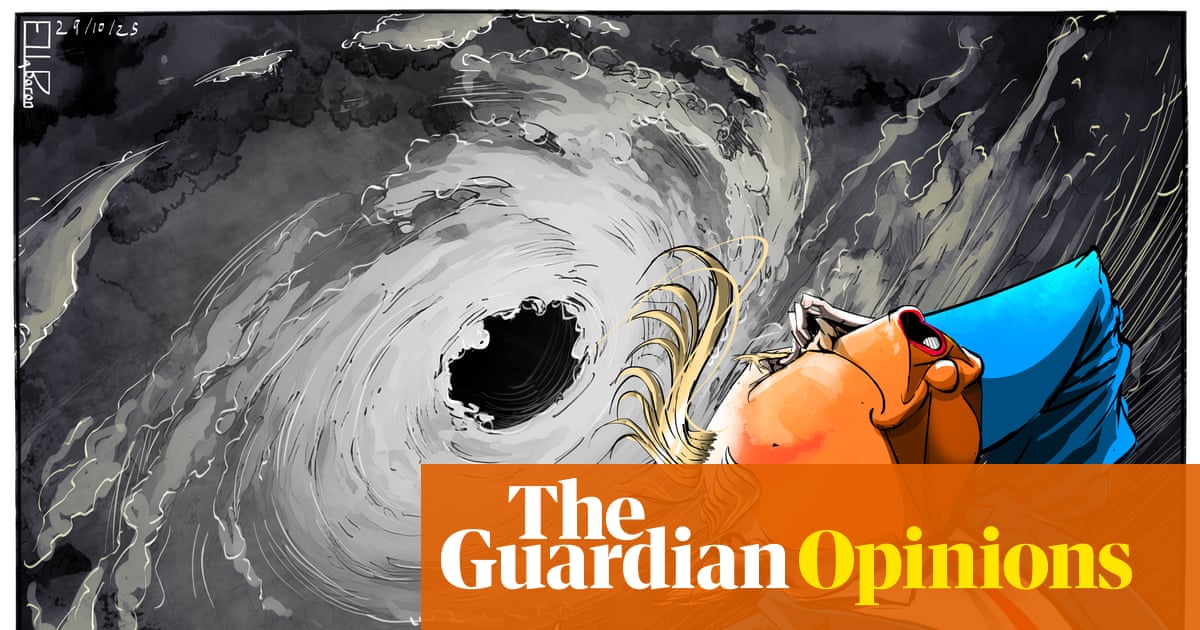Anaemic economic growth, rising inflation, and a worsening outlook in the jobs market. If the inheritance from the Conservatives had been bad, the situation a year in to the new Labour government do not look much better.
The latest figures show unemployment nudged up to 4.7% in May, hitting the highest level in four years, while wage growth slowed for a third consecutive month, and employers cut back on hiring.
Given the cocktail of economic concerns facing Britain, a slowdown in the labour market is hardly surprising. Employers are facing higher costs from inflation, tax rises and elevated interest rates; squeezed consumers are not rushing to spend, and Donald Trump’s trade wars are clouding the outlook.
However, it would be remiss to describe the slowdown in the jobs market as a capitulation. Despite the clear pressures, wage growth remains surprisingly resilient and redundancy rates, although elevated, are not rocketing.
“From our perspective it is holding quite steady given the circumstances,” said Michael Stull, managing director at the recruitment firm ManpowerGroup UK. “Even with the UK’s inflation rise and negative economic growth, there are signs of returning confidence.”
Business groups have complained since Rachel Reeves’s autumn budget that her £25bn increase in employer national insurance contributions (NICs) and 6.7% rise in the “national living wage” would force them to cut jobs and raise prices for consumers.
Bosses often play up such concerns to gain a lobbying advantage. But on this occasion, the evidence would suggest a clear impact from the chancellor’s tax raising measures. Figures released on Wednesday showed inflation rose by more than expected in June as firms passed on higher employment costs to the price of restaurant meals, hotel stays and supermarket groceries.
The latest figures showing a 41,000 fall in the number of workers on company payrolls in June are also a worry. Job vacancies are falling most in the sectors most exposed to higher costs, including hospitality and retail. There are also concerns that firms are employing artificial intelligence rather than hiring real humans.
However, within the labour market data there are conflicting messages. Both unemployment and employment rose at the same time. This is partly down to more people moving out of economic inactivity – when working-age adults are neither employer or looking for work.
But there are also serious questions over the reliability of the data, given the well-documented troubles at the Office for National Statistics. To read the 7am labour market release is to be served a dog’s breakfast without a plate or cutlery; full of caveats about revisions, poor data collection and volatility. A clear direction of travel does, however, emerge when piecing together a wide range of data sources.
Despite the cooling jobs market, workers are still getting reasonably robust pay settlements. Annual growth in total pay, at 5%, might be lower than in recent months, but is well above inflation and far-stronger than anything seen in the 2010s.
after newsletter promotion
The strong wage growth has caused a headache for the Bank of England by stoking inflationary pressures, putting further interest rate cuts at risk after four reductions in the past year.
With inflation now running at 3.6%, and predicted to edge further away from the Bank’s 2% target over the coming months, Threadneedle Street faces a tough job at its next monetary policy meeting on 7 August.
The evidence of a further slowdown in the jobs market, coupled with lacklustre economic growth, should however tip the balance. Most economists reckon the Bank will announce a quarter-point cut from the base rate of 4.25%.
For the government a further cut in borrowing costs would be a welcome crumb of comfort to cling to, before a tricky autumn budget and growing speculation about tax rises.
While there are hopes of a recovery in household and business confidence, the cooling, but not collapsing, British jobs market shows there is still plenty of work to do to turnaround the country’s economic fortunes.

 3 months ago
42
3 months ago
42

















































